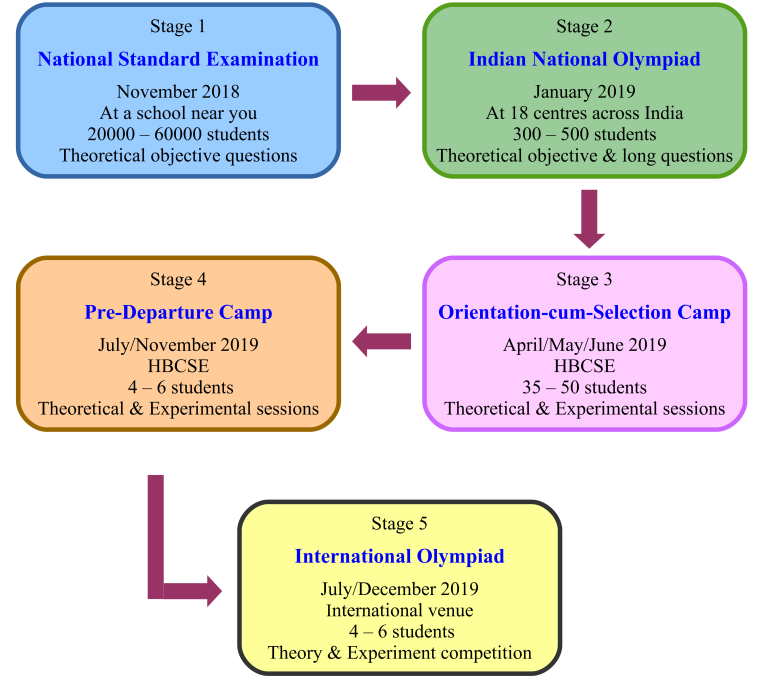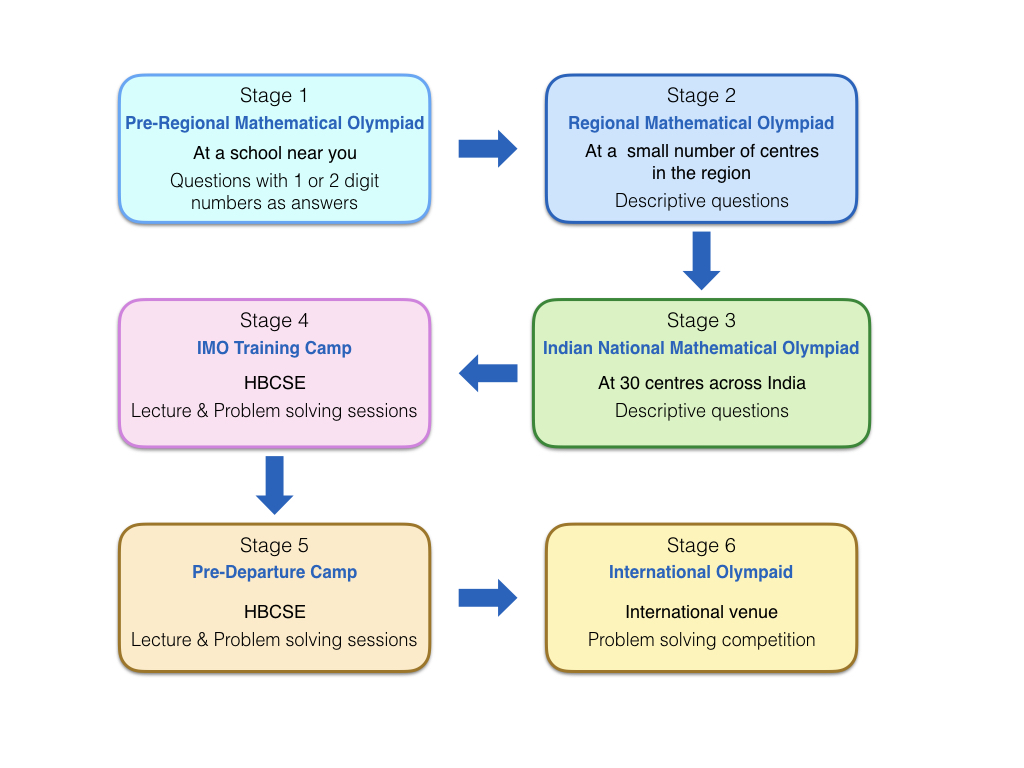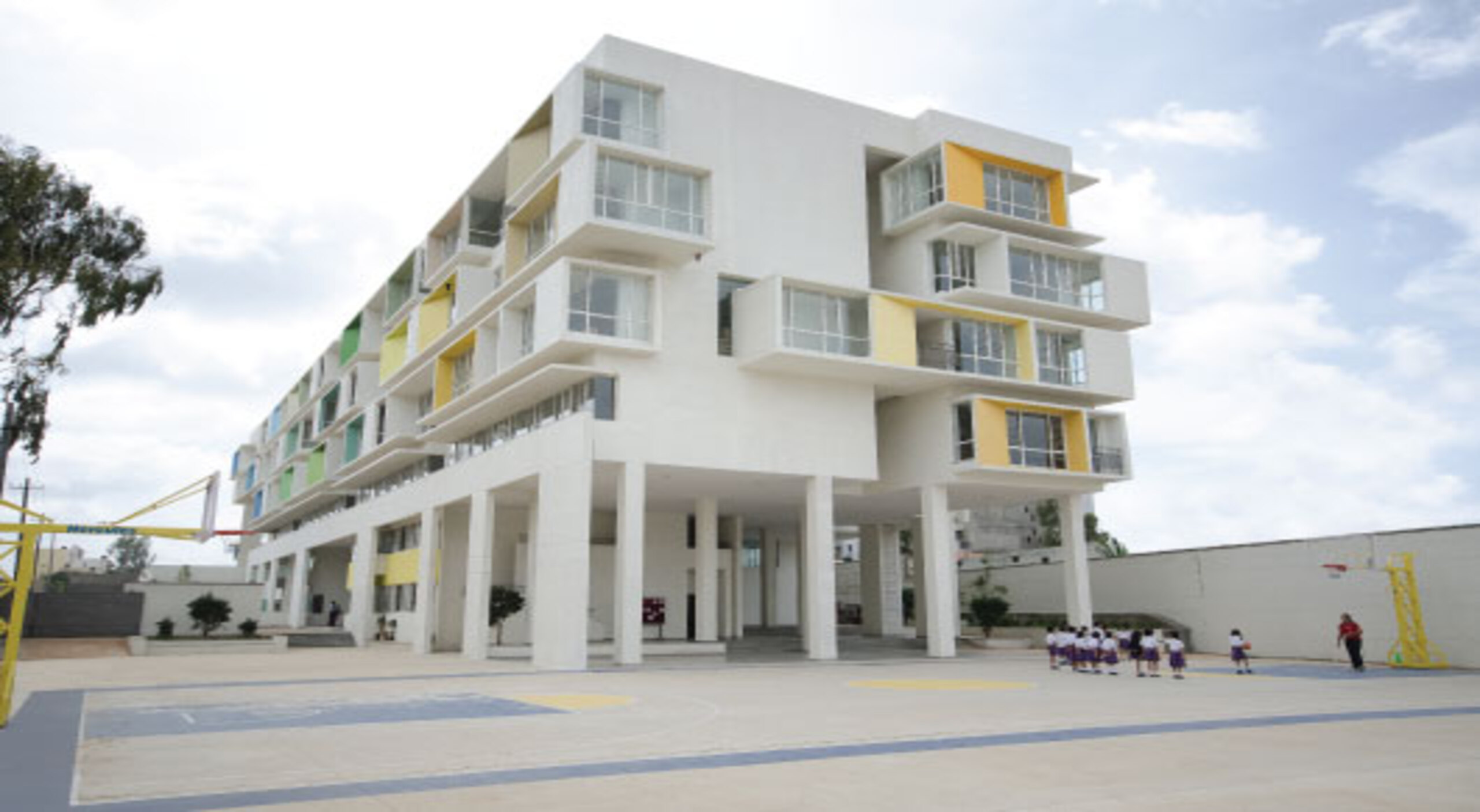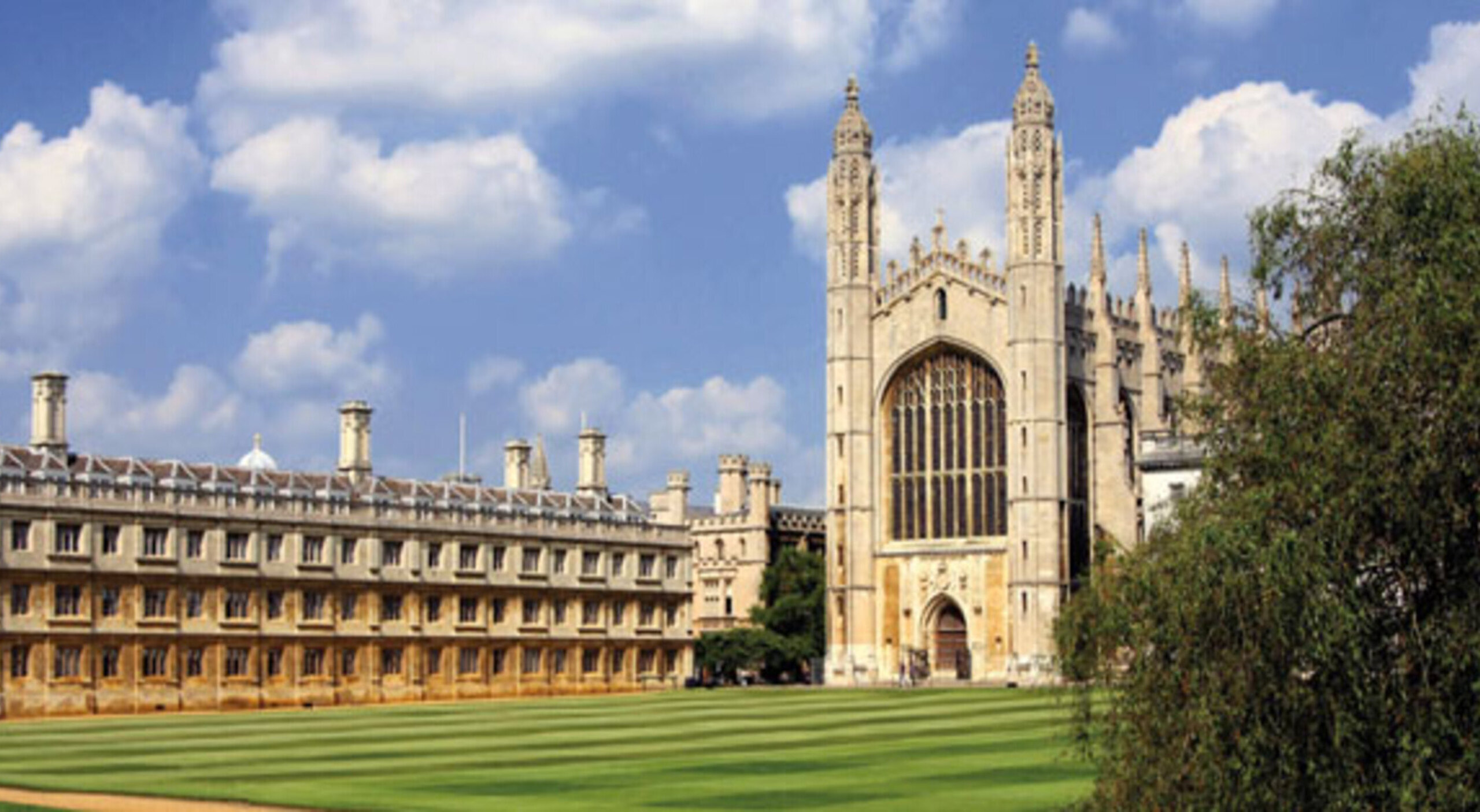International Science Olympiad (Mathematics, Science, and Astronomy)
The International Science Olympiad aims at bringing the talented secondary and higher secondary students of the world together in a competition of the highest level in the field of Science, Astronomy and Mathematics. The Homi Bhabha Centre for Science Education (HBCSE) is the nodal center of the country for national Olympiad programme in basic sciences and mathematics, which connects to the international Olympiads. The prestigious Science Olympiad Program covers Mathematics and Sciences including Astronomy. These programs aim at promoting excellence in Science and Mathematics among pre-university students.
National Olympiad Programmes
HBCSE, Mumbai selects and organizes training of students through Indian Association of Physics Teachers (IAPT) for participation of students at various International Olympiads meet. The program is financially supported by Government of India, in particular Department of Science and Technology, Board of Nuclear Sciences (Department of Atomic Energy), Department of Space, Ministry of Human Resource Development and Ministry of Earth Sciences.
Among the sciences, the Olympiad programme in Astronomy, Biology, Chemistry, Physics and Junior Science is a five-stage process for each subject separately. The first stage for each subject is organized by the Indian Association of Physics Teachers (IAPT) in collaboration with teacher associations in other subjects. All the remaining stages are organized by Homi Bhabha Centre for Science Education (HBCSE).
The Mathematical Olympiad Programme is a six-stage process conducted under the aegis of National Board for Higher Mathematics (NBHM). The first stage PRMO is conducted by the Mathematics Teachers' Association (India). All the remaining stages are organized by Homi Bhabha Centre for Science Education (HBCSE).
Who can participate in Science Olympiad Programme?
- Astronomy, Biology, Chemistry and Physics: students studying in class 12 or lower
- Junior Science: students studying in class 10 or lower
- Mathematics: students studying in class 8 to 12
When conducted (tentative)?
- Science Olympiad first stage: November
- Mathematics Olympiad first stage: August
Science Olympiad
The National Science Olympiad starts with an examination held at nearly 1400 schools across the country and culminates with the international Olympiads at different corners of the world. The national level examinations are designed to assess the conceptual understanding, logical reasoning, laboratory skills, and above all, ability to apply problem-solving skills to novel situations, both theoretical and experimental. Training is included from the third stage of the programme and the first two stages do not necessarily require any specialised coaching outside the regular school system.
.
Stages of Science Olympiad

.
Mathematics Olympiad
The Mathematical Olympiad Programme (MOP) in India is organized by the Homi Bhabha Centre for Science Education (HBCSE) on behalf of the National Board for Higher Mathematics (NBHM) of the Department of Atomic Energy (DAE), Government of India.
Apart from the International Mathematical Olympiad (IMO), in which India has been participating since 1989, it has also started participating in two more international Olympiad events: the European Girls Mathematical Olympiad (EGMO) and Asia Pacific Mathematics Olympiad (APMO) since 2015. The process for selection of students for participation in the events have been merged, taking into account the requirements of the individual tests.
For the purpose of training and selection of students for the Olympiad contest, 25 regions all over the country have been designated and each assigned a Regional Coordinator (RC). Additionally, three groups (Central Board of Secondary Education (CBSE), Navodaya Vidyalaya Samiti (NVS) and Kendriya Vidyalaya Sangathana (KVS) have a 'Regional Coordinator' each. The Mathematical Olympiad programme consists of six stages. Training is included from the fourth stage of the programme.
.
Stages of Mathematics Olympiad

For more details, visit HBCSE site



